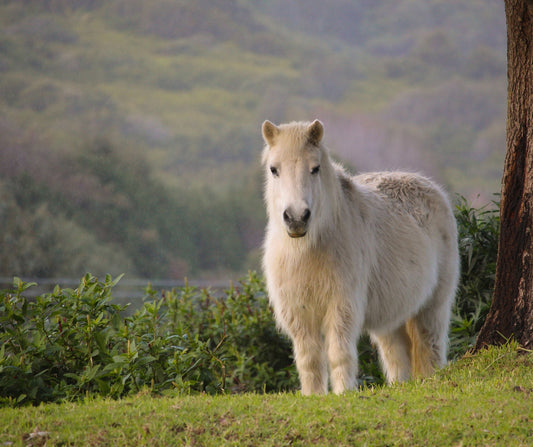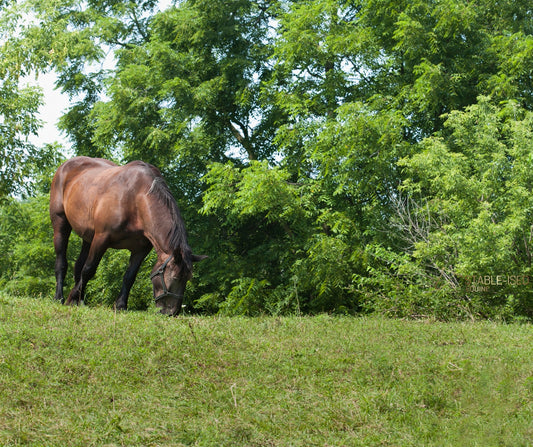It’s getting hot in here… so make sure your horse is well hydrated!
I have developed a checklist so that you can ensure your horse is kept as comfortable and healthy as possible during exceptionally hot weather:
Provide an increased serving of salt (sodium chloride) daily. Horses are good at excreting excess salt stores so long as they have access to a good water supply.
Consider offering free-choice loose salt in addition to your horse’s usual salt allocation so that they can intake more if they have the urge.
Always provide access to clean and fresh drinking water. Ensure your horse’s water supply is not boiling in the sun which will reduce their intake considerably.
If you are concerned that your horse is not drinking an adequate amount of water, consider offering some molasses or a thirst-triggering supplement in a separate bucket of water to their usual water supply.
Always provide access to shade and shelter, and do not over rug your horse.
Regularly rinse off your horse if practical. This will not only help to cool them down but will also prevent dried sweat from bleaching their coat.
Limit exercise where possible. If your horse must be ridden or worked, consider doing so in the early mornings or late afternoons.
Regularly monitor your horse’s vitals such as heart rate, respiratory rate, and capillary refill time. Skin pinch tests are a good indicator of hydration status.
If concerned that your horse is experiencing heat stroke, dehydration, or colic, please contact your veterinarian immediately.




